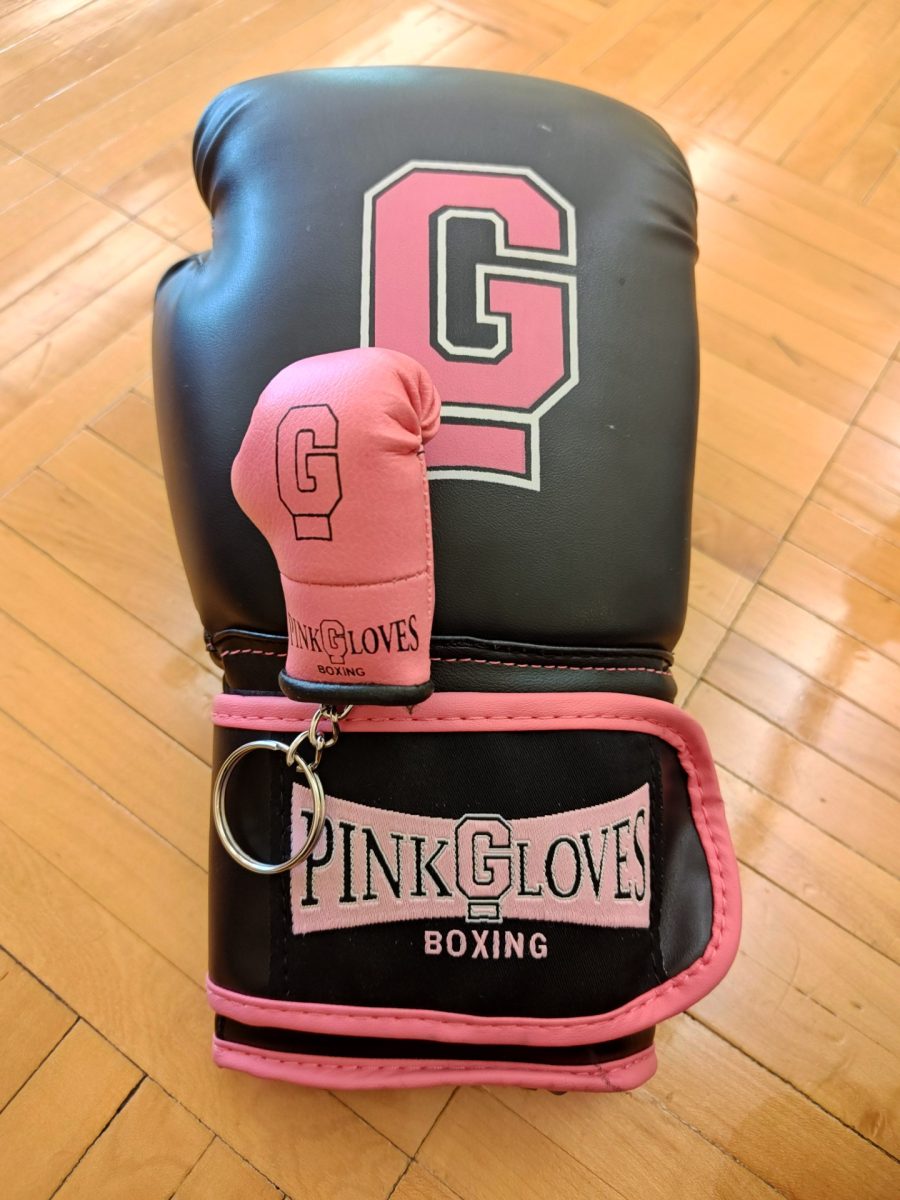Protect valuables with renter’s insurance
March 4, 2014
Prepared by Mary Jo Hudson, former director of the Ohio Department of Insurance, and updated by William J. Reynolds, an attorney in private practice in Cincinnati. Reprinted with the permission of the Ohio State Bar Association.
Most homeowners carry a mortgage and must buy homeowner’s insurance as a requirement of their loan. Renters, however, have a choice, unless purchasing insurance is required under the terms of their lease.
Many choose to go without renter’s insurance, even though they have many of the same risks as homeowners when it comes to protecting possessions or being liable for home accidents
A renter’s insurance policy covers your property and your personal legal responsibility (or liability) for injuries to others and/or their property while at your residence, and, in many circumstances, while away from the residence if your negligence caused the damages.
Q. Why would I want to buy renter’s insurance? Doesn’t my landlord have insurance to cover my apartment?
A. Your landlord has insurance for structural damage to the building, and might even be protected against damage caused by tenants. However, this coverage does not extend to your personal property or your living expenses if you are displaced due to fire, nor does it protect you from being liable for damage you might cause to the building inadvertently (for example, a kitchen fire or a plumbing mishap) or to a guest (for example, a dog bite).
Q. Isn’t renter’s insurance expensive? I don’t have that many valuables.
A. The average renter’s insurance policy costs between $15 and $30 per month. Renter’s insurance policies can cover everything from electronics to clothing to household appliances and even jewelry, furs and other specific property. Even a minimal number of items could add up to thousands of dollars’ worth of merchandise, all of which can be covered in a basic policy.
Q. What should I consider when buying renter’s insurance?
A. Talk to your insurance agent or company about the property you want to protect and the property hazards for which you would like to be insured. Your agent can give you coverage policy specifics based on your state and the type of policy you want, and will answer any important questions you have about:
• What hazards are included in your plan and if you need a separate policy for specific circumstances.
• Whether your insurance plan covers a roommate and, if not, how your property is separated or identified.
• How you determine value for your items and whether your policy provides replacement cost coverage.
• What optional coverage you may need, such as coverage for jewelry or valuable artwork.
• How much liability coverage is included in your plan and whether it is sufficient.
Q. Are there things I can do to reduce the cost of my renter’s insurance?
A. Yes. Many insurers will reduce your premiums if you have fire or burglar alarms, fire extinguishers, sprinkler systems and/or deadbolts on exterior doors. Some companies might also offer discounts if you have more than one policy with them. The area in which you live is also a factor in determining your insurance rate, so it’s a good idea to check with your agent when selecting a new location.
Q. Will my policy cover natural disasters?
A. Some natural disasters, such as floods and earthquakes, are not generally covered by a renter’s or homeowner’s insurance policy. Ask your insurance agent or company whether you should or can purchase additional coverage. Fires, lightning, windstorm, hail, some water damage, thefts and many other things are included in even the most basic policy.
Q. Will my policy cover damage caused by my dog?
A. Certain municipalities require owners of select breeds to have insurance policies covering damages and/or injuries caused by their animals. This liability may be
included in a standard renter’s insurance policy, but some insurance companies might require you to buy additional coverage. Certain dog breeds are sometimes excluded from coverage.
Q. Might my renter’s policy cover me if my personal belongings are stolen from my car when I’m away from home?
A. Yes. Most policies do not limit protection to property while it is in your residence. For example, insured items often are covered if they are damaged while not on your property or when stolen by someone who breaks into your car. Even the property that a college student brings from home is covered at his or her school
address so long as that is the student’s only location during school sessions.
Q. What happens if my apartment building is damaged? Does renter’s insurance cover my expenses if I have to live somewhere else temporarily?
A. Yes. Renter’s insurance will cover additional living expenses incurred while your building is being repaired up to a certain limit, either monetary or for a specific length of time.
Q. What records should I keep in case of a disaster?
A. A home inventory, as well as photos and proof of ownership, makes it easier to file an accurate, detailed insurance claim in case your home is damaged or destroyed. A home inventory can also help determine how much coverage you need from your renter’s insurance. Go to www.insurance.ohio.gov/consumer/publications/home_inventory_checklist.pdf to download a free home inventory checklist.
Q. Where can I get more information?
A. Ohioans with questions concerning insurance are encouraged to call the Ohio Department of Insurance consumer services hotline, 1-800-686-1526. Additional tips and more information about insurance can be found at the department’s website, www.insurance.ohio.gov.









